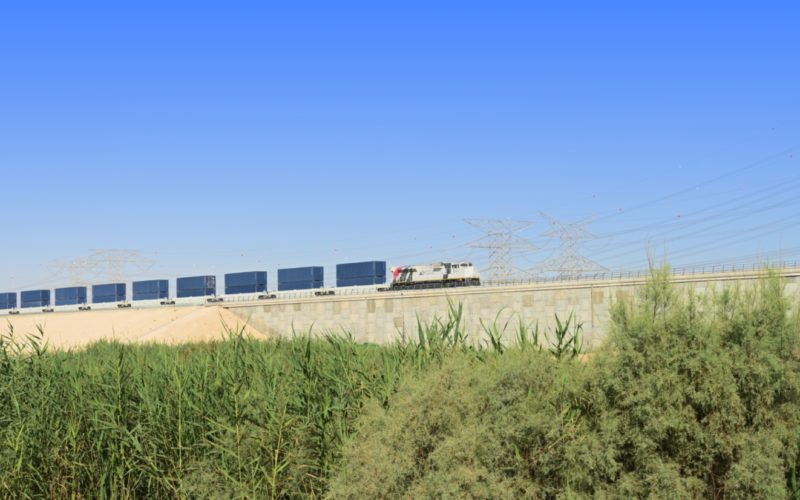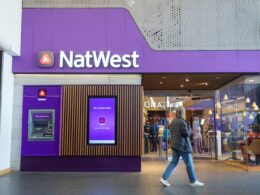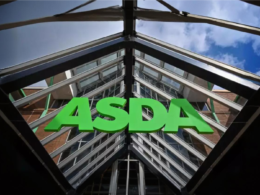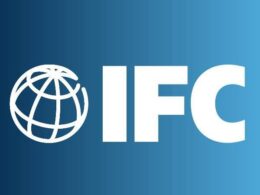Etihad Rail, the developer and operator of the UAE National Rail Network, has introduced a sustainable finance framework designed to integrate the company’s financing strategies with its environmental, social, and governance (ESG) objectives. This initiative, developed in collaboration with First Abu Dhabi Bank and Standard Chartered Bank as co-ESG advisors, aims to support projects focused on clean transportation, green buildings, and pollution prevention and control.
The banks are providing expert insights to ensure that Etihad Rail’s framework aligns with green loan and bond principles, and it has also been validated through a Second Party Opinion (SPO) from Det Norske Veritas (DNV).
The framework comprises four main components that establish a structured approach to financing sustainable projects. These include adherence to green loan and bond principles to meet international sustainability standards, defined criteria for the use of proceeds to ensure that funds are allocated towards sustainable projects, a rigorous project evaluation and selection process to identify impactful initiatives, and strict management of proceeds and reporting to guarantee transparency and accountability in fund utilisation. These components ensure transparency and accountability in funding sustainable projects.
The framework outlines methods for environmental risk assessment and increasing transparency in ESG initiatives, helping companies manage risks and access sustainable markets. It also strengthens commitments to environmental and social responsibility. By guiding investment decisions and fostering industry collaboration, the framework accelerates the transition to a sustainable financial system.
Ali Tabbal, Chief Financial Officer at Etihad Rail, emphasised that the framework is a crucial part of the company’s broader ESG strategy, aligning with the United Nations’ Sustainable Development Goals.
“The introduction of our Sustainable Finance Framework is a testament to Etihad Rail’s commitment to integrate and uphold sustainable practices in all our operations. Through responsible financial practices, we are further underscoring this dedication by driving positive environmental and social impact in the region across the transportation, logistics, and infrastructure sectors. This framework is a pivotal element of our broader ESG strategy, directly aligning with the United Nations’ Sustainable Development Goals. It provides a clear roadmap for integrating ESG considerations into investment decisions, empowering companies to generate long-term sustainable value. By doing so, we are not only fostering a transition to a low-carbon, resilient economy but also supporting the UAE’s Net Zero 2050 Strategy and contributing to the nation’s vision for a sustainable future,” he said.






















